At The Heart of Anger: Understanding the Real Emotions Beneath our Anger
Anger is often seen as a powerful and dominant emotion—an explosion of frustration, irritation, or rage. It’s an emotion we encounter daily, whether in ourselves or others, and it can leave us feeling drained, regretful, or even justified. But what if beneath that fiery surface, anger is masking something more tender and vulnerable? Understanding this possibility is crucial for anyone looking to navigate their emotions more thoughtfully and grow in self-awareness.
The Hidden Layers of Anger
Anger is rarely a standalone emotion. It often emerges as a secondary emotional response to deeper, more vulnerable feelings that lie beneath the surface. These underlying emotions can include hurt, fear, shame, sadness, or feelings of rejection and powerlessness. When we feel exposed, disrespected, or scared, our initial reaction might be to put up a shield—anger being one of the most common defenses.
For example, consider a situation where someone feels disrespected at work. The anger they express might not just be about the immediate incident, but also about deeper feelings of inadequacy, insecurity, or fear of not being valued. These vulnerable emotions are uncomfortable and can make us feel weak, so our psyche naturally reaches for something that feels more powerful: anger.
Why Recognizing Vulnerability in Anger Matters
Understanding that anger often has its roots in vulnerability is important for several reasons:
1. Self-Reflection and Growth: By recognizing the vulnerable emotions driving our anger, we can begin to address the real issues at hand. This self-awareness allows for personal growth, as it shifts the focus from the external situation to our internal experience. It enables us to ask, “What am I really feeling? Why does this situation trigger me so deeply?”
2. Better Communication: When we identify and communicate our vulnerable emotions rather than just our anger, it opens the door to more meaningful and constructive conversations. Instead of a heated argument, we can express feelings of hurt or fear, which are more likely to elicit empathy and understanding from others.
3. Emotional Regulation: Recognizing the vulnerability behind anger can help us manage our emotions more effectively. When we understand that our anger is a response to something deeper, we can find healthier ways to cope, such as practicing mindfulness, seeking support, or directly addressing the source of our pain.
4. Improving Relationships: Anger can be destructive in relationships if not properly understood and managed. By acknowledging the vulnerable emotions behind our anger, we can foster greater intimacy and trust in our relationships. This awareness can lead to more compassionate interactions, where both parties feel heard and validated.
How to Uncover the Vulnerable Emotions Behind Your Anger
1. Pause and Reflect: When you feel anger rising, take a moment to pause. Instead of reacting immediately, try to identify what you’re really feeling. Are you scared, hurt, or embarrassed? What’s the deeper emotion?
2. Journal Your Feelings: Writing down your thoughts and feelings can help you uncover patterns in your anger. You might start to notice that certain situations trigger similar underlying emotions, which can be enlightening.
3. Practice Mindfulness: Mindfulness helps you stay present and observe your emotions without judgment. This practice can be particularly useful when you’re trying to peel back the layers of anger to see what’s underneath.
4. Seek Support: Talking to a therapist or a trusted friend can provide an outside perspective and help you explore the vulnerable emotions driving your anger.
Conclusion
Anger is a complex emotion that often masks deeper, more vulnerable feelings. By understanding the vulnerable emotions that underpin anger, we can better navigate our emotional landscape and build healthier relationships with ourselves and others—and avoid unnecessary and often regretful angry behaviors. The next time you feel anger bubbling up, take a moment to look beneath the surface. Ask yourself, “What is REALLY bothering me?” What you find there might surprise you—and lead you to a deeper understanding of yourself.
